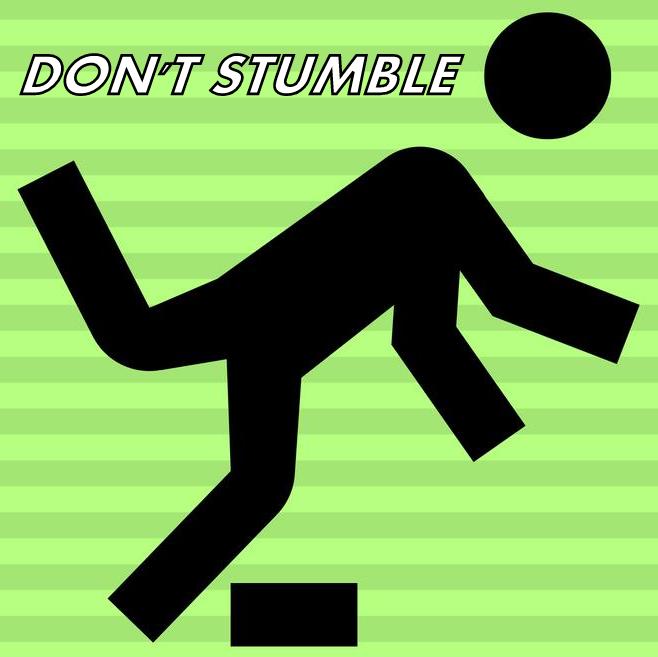Is Mediation Effective in Workers’ Comp?
Babe Ruth’s lifetime batting average was .342. Studies in states with a history of workers’ compensation mediation suggest your success rate with it is likely to be a whole lot better.
In Florida, parties must mediate workers’ compensation claims within 130 days of the filing of a petition for benefits. Results for the fiscal year ended June 30, 2013, showed a 74% success rate, defined as partial or complete resolution of the issues.
The Minnesota Department of Labor and Industry reported that the state’s mediation resolution success rate between June 2007 and September 2008 was never less than 60%. The success rate was 100% in four of those months.
The Maryland Judiciary’s Mediation and Conflict Resolution Office conducted a study where half of Baltimore’s workers’ compensation filings were referred to mediation. The 2002 report details the results. Measured at various points in the litigation process, the mediated cases were consistently found to conclude more quickly and with less discovery than the control group. For example, 83% of cases in the workers’ compensation mediation group were disposed of before their scheduled trial date, compared with 70% in the control group.
In 1992, the Dallas Mediation Project reviewed 981 mediated cases. Workers’ compensation, contract disputes and collection cases showed the highest level of resolution—87% of these workers’ compensation cases settled through mediation. Motor vehicle claims settled 85% of the time, and other personal injury claims settled 77% of the time.
Don’t be afraid to step up to the mediation plate. You might hit a home run.


